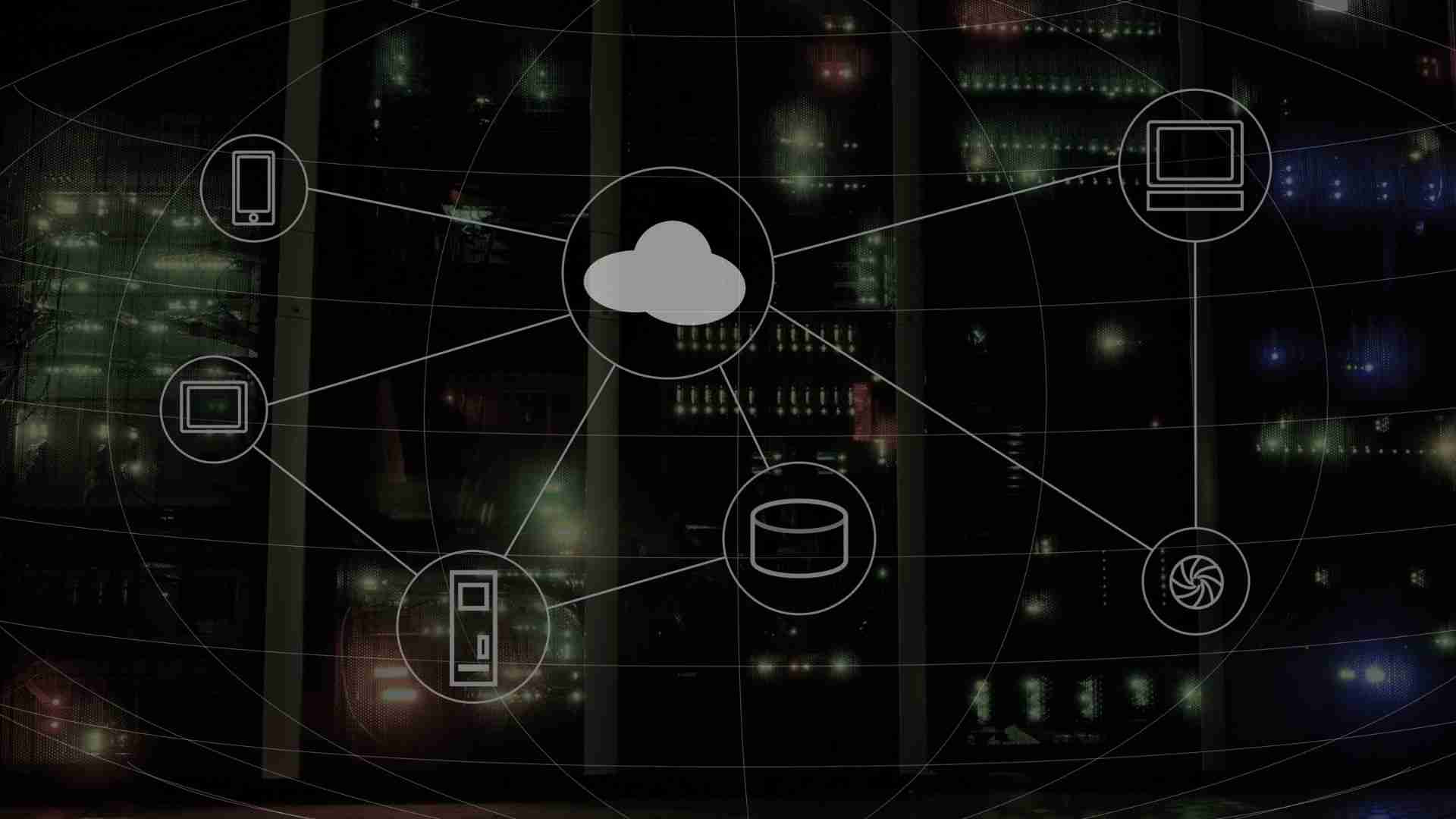Evaluate & Choose the Right Cloud-Based Secure Web Gateway for Your Business

With a growing reliance on cloud computing, remote work and mobile devices, organizations need better visibility and protection from cyber threats. SWGs, deployed as direct cloud services or hardware appliances, do just that.
They help mitigate risks to information systems and data while reducing the attack surface with Zero Trust and isolation technology. They also enable dynamic control that doesn’t compromise user experience.
Cost
A secure web gateway is a barrier between your private network and the public internet. This protects devices, users and web applications from malicious sites and content. A cloud-based SWG can deliver advanced protection and a zero-trust strategy easily and flexibly.
Many of the top vendors in the gateway security space now offer a cloud-based option, either as an integrated part of their larger platform or as a standalone service. This allows for a simple deployment, rapid ramp up and more integration with other cloud services like CASBs.
The cloud-based options typically cut costs by eliminating the need for hardware appliances. This also frees up space and power in the data center and reduces overhead costs. Additionally, cloud-based SWGs provide lower latency and improved performance than on-premises solutions.
While some on-premises gateway security solutions are still being deployed, most new deployments now occur in the cloud. Most companies have overcome their fears of the cloud and recognize the technology’s benefits. Cloud-based gateway security solutions also offer advantages such as more flexible licensing and deployment models, which is especially important for enterprises with limited IT resources. By moving to the cloud, you can avoid expensive upgrades and hardware replacements as your organization grows. This is a major advantage over traditional on-prem gateways, which can quickly become outdated and unable to protect your environment from the latest threats.
Integration
Secure gateways are vital to any security strategy, especially for organizations that rely on remote workers. As cyberattacks are at an all-time high and employees work from anywhere, a gateway offers dynamic control to protect data and devices, even if the organization doesn’t have direct access to them.
A gateway is a filter and barrier between the public internet and your private network. It inspects all traffic into your network, and then either accepts or denies it based on many factors, including content and malicious signatures. Gateways can also monitor and alert you to any breaches or potential issues in real-time.
Another security feature that a gateway can offer is data loss prevention (DLP). DLP examines outbound data, such as social security numbers and credit card information, for specific patterns and keywords indicating its network. If a match is found, the gateway can automatically redact or block that data from leaving the network and prevent it from being stolen by cybercriminals.
Some gateway solutions are deployed as software, while others are hosted as a virtual or hardware appliance. When choosing a cloud gateway, look for one that can integrate with other solutions like antivirus and malware scanners to perform additional inspections on outbound data. Additionally, find out if the gateway can perform automatic DLP scans for data leaving the company companies detect and redact sensitive data that may leave unprotected.
Scalability
IT environments have become more distributed as businesses shift data and applications to the cloud. Remote workforces use mobile devices to connect to corporate networks from anywhere worldwide, putting organizations at risk. Cyberattacks are also at an all-time high, and threat actors are resourceful in finding new ways to penetrate defenses and steal data.
Secure Web Gateways (SWG) are necessary for a layered security strategy. They monitor and protect users as they access the internet via work and personal devices. They can block unauthorized applications, identify sensitive information in outbound traffic, and stop malware from calling home or downloading payloads.
Historically, SWGs have been deployed as on-premise appliances or software but are increasingly delivered as direct cloud services or in appliance and cloud hybrid configurations. This is largely due to cloud offerings’ simplicity, efficiencies and cost savings.
When evaluating a cloud-based SWG, it’s essential to evaluate its scalability capabilities. A top-rated solution will allow you to scale as your organization grows and changes. It should also be able to inspect both encrypted and unencrypted traffic at line speed. Additionally, it should avoid capacity issues limiting the number of security services a gateway can run. A good SWG solution will include scalability as a standard feature, ensuring capacity is always available and eliminating the need for costly appliance upgrades.
Security
SWGs use real-time traffic inspection and provide alerts when they detect suspicious behavior. That way, security breaches can be prevented before they happen. Look for an SWG solution with global research teams dedicated to curating and updating lists of websites, applications, and files considered malicious. This prevents you from leaking sensitive information, such as customer data and credit card numbers.
Unlike those designed to protect network packets, secure web gateways monitor the application layer and can intercept new threats as they emerge. This provides visibility and control for remote employees, who can access the internet via mobile devices, cloud hosting, and types of non-traditional infrastructure.
As more businesses rely on remote workforces and cloud computing, they protect their data protected. That’s why That’sre web gateway is so important. It helps prevent data leaks by ensuring the right people can see the right content at the right time.
As the landscape for business technology evolves, SWGs are becoming more integrated with other security solutions, like CASB and SD-WAN.

